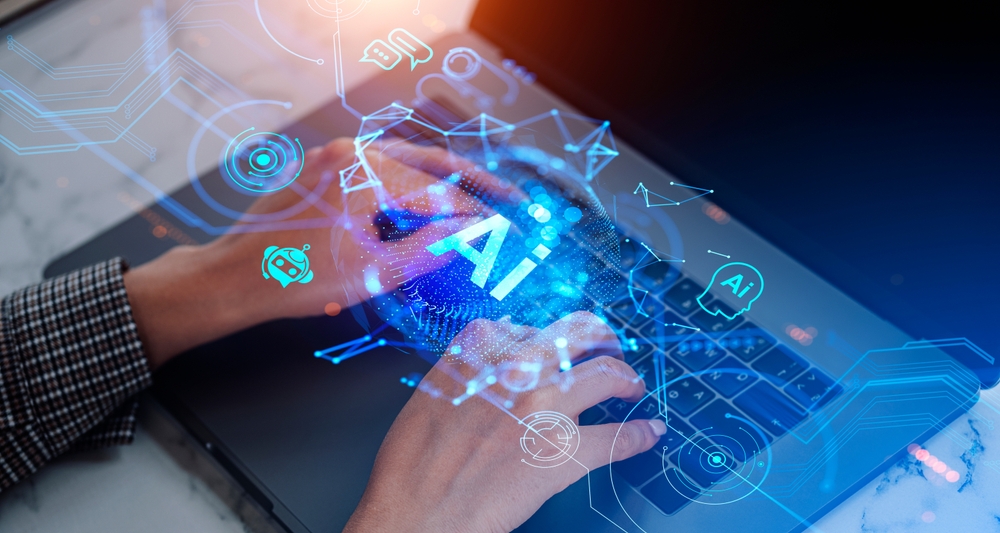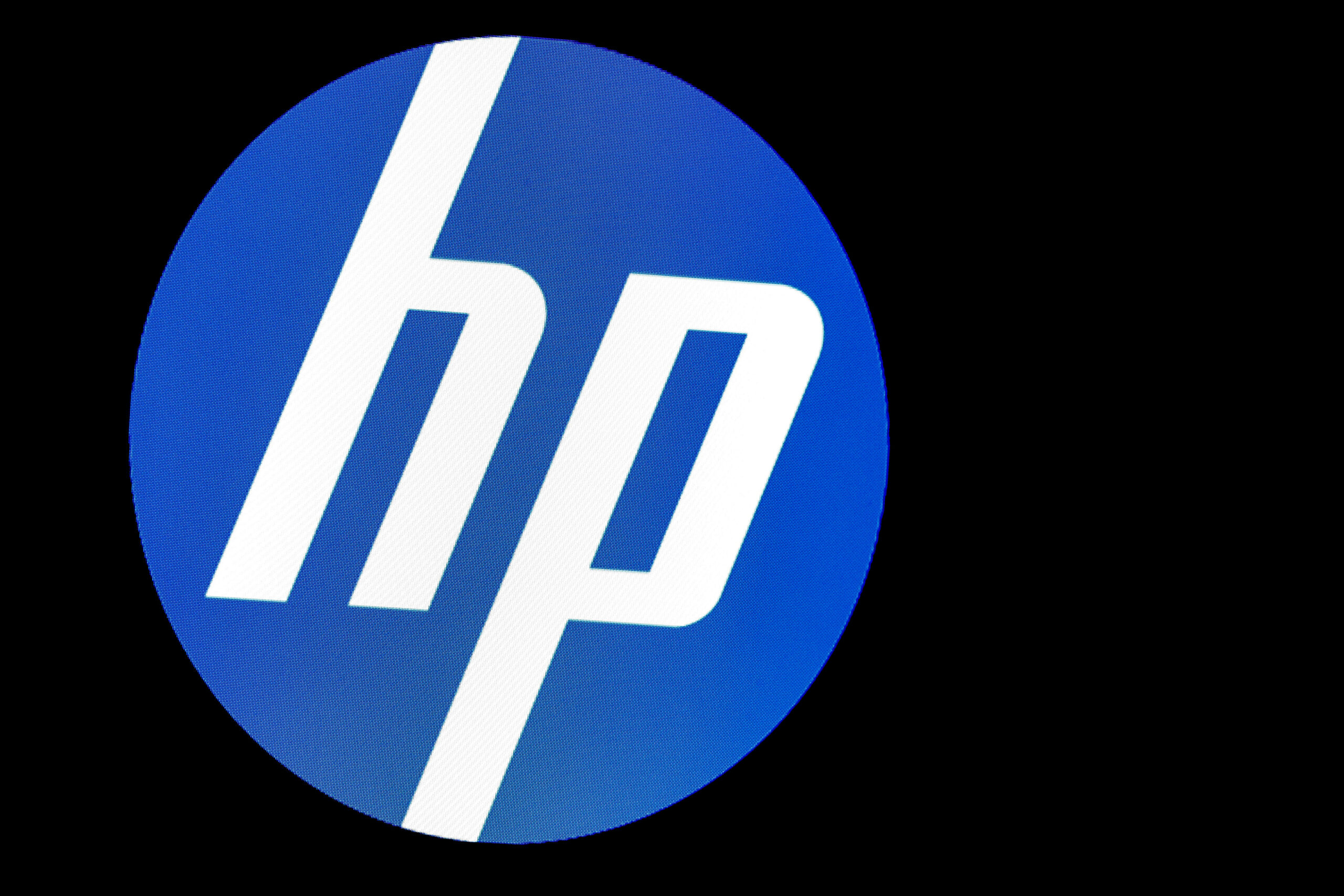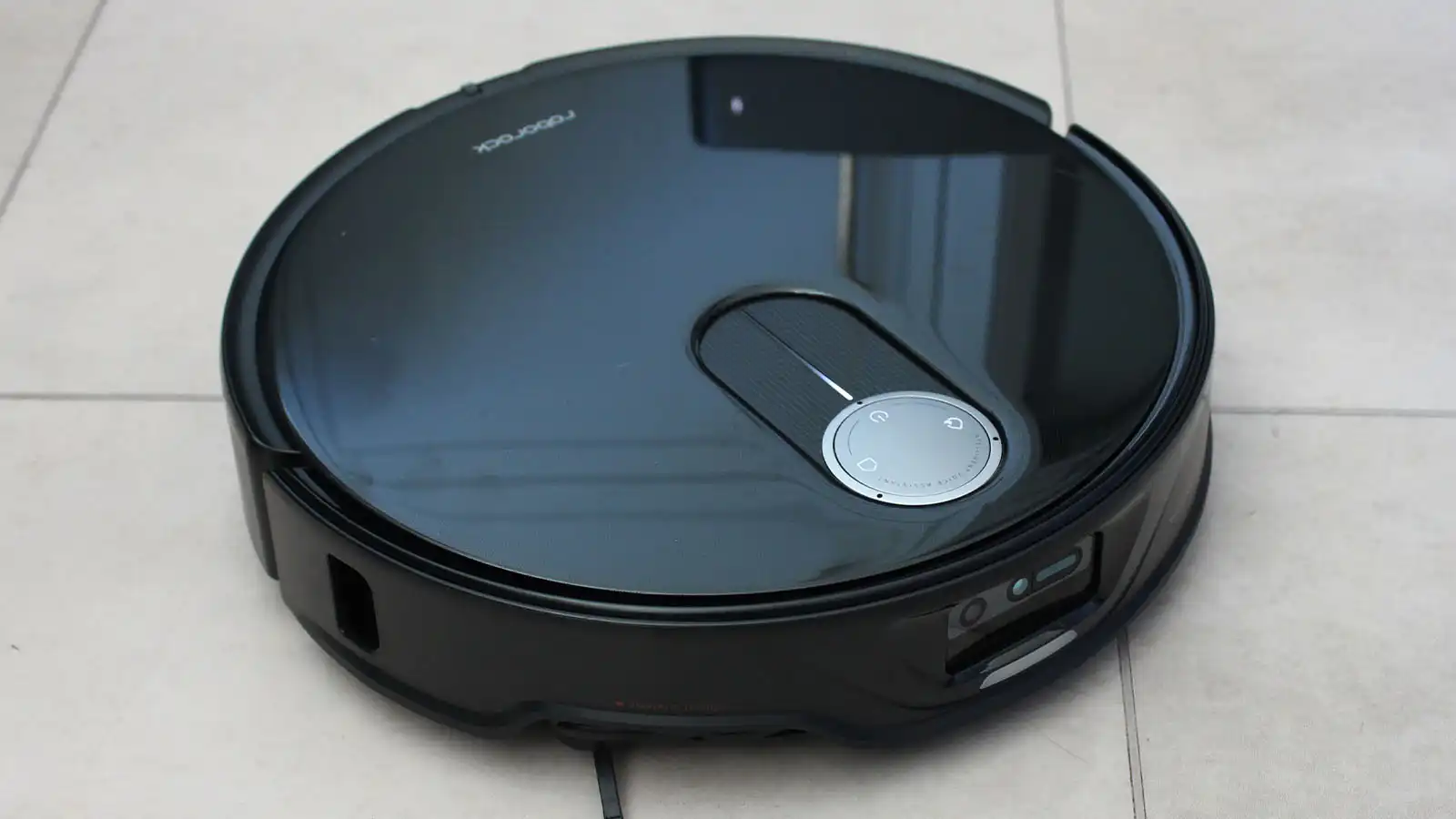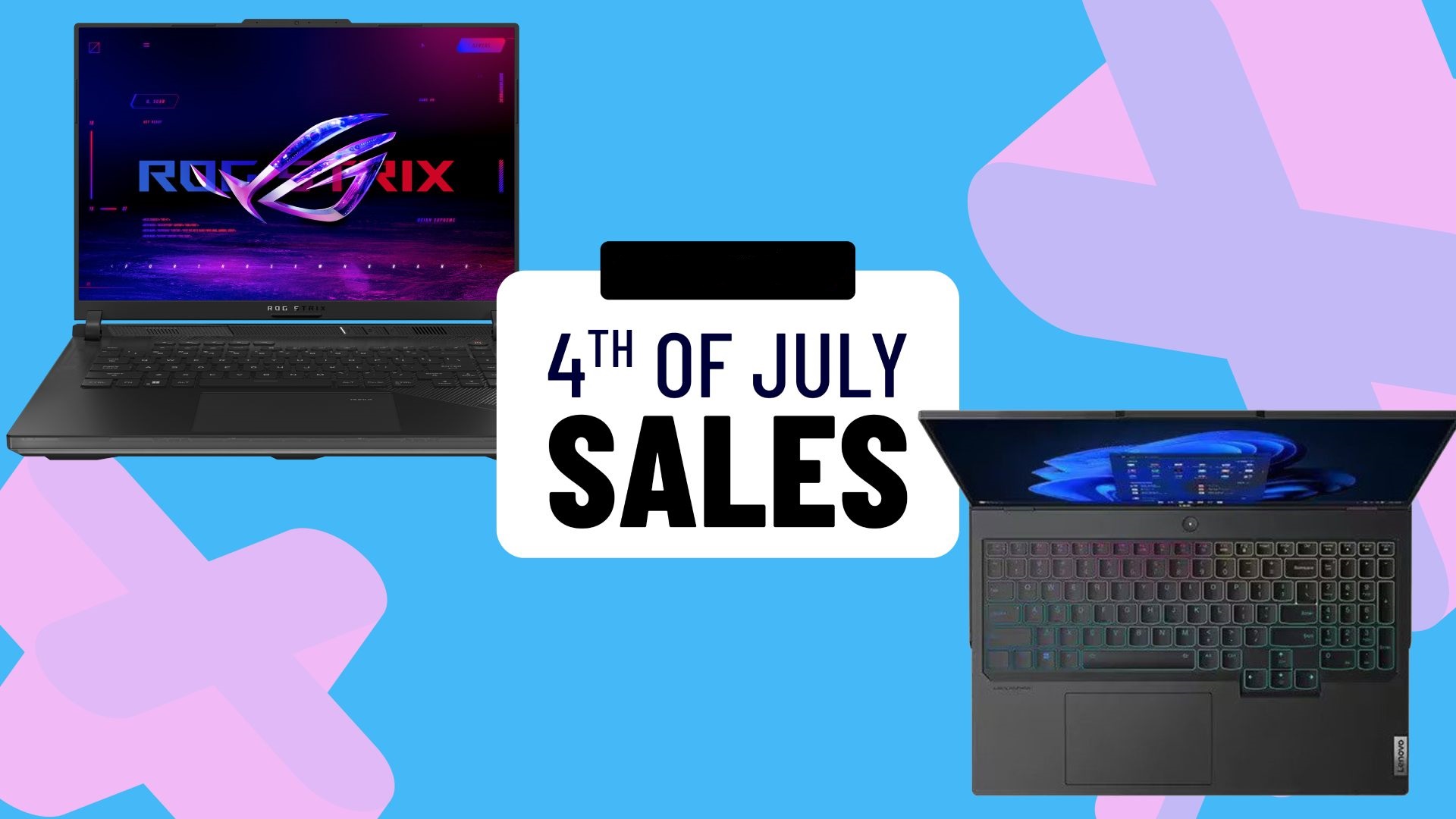
In the realm of AI laptops, consumers are faced with a variety of chip options: Snapdragon X Series processors, Ryzen AI chips, and Intel x86 chips. Even laptops from the same OEMs feature different chips, causing confusion among users.
This leads to the inevitable question: Which chip is the best? Consumers find themselves overwhelmed by the myriad options available.
At the HP Imagine AI event in New York City, I spoke with Guayente Sanmartin, SVP and division president of commercial systems and display solutions, about how HP intends to manage this complexity for its users. Her response was clear: HP plans to tailor its technologies to different consumer personas, personalizing the experience for each user.
“AI is a journey of innovation that’s not stopping. The fact that there’s a lot of innovation is the best thing that can happen for both technology and consumers,” Sanmartin said.
“Of course, we’re going to be partnering with everyone to forward innovation. Having all those technologies allows us to reach everyone. By reaching everyone, HP’s strategy is to capitalize on the benefits of each technology — high TOPS to the technical expert, long battery life for the hybrid worker, and so on.”
This approach is the driving force behind the design strategy for HP’s Copilot+ PC laptops.
A prime example of this strategy was showcased with HP’s OmniBook branded laptops. The new HP OmniBook Ultra, unveiled at the event, features a Ryzen AI 300 chip with an industry-leading maximum 55 TOPS NPU processing power.
The 55 TOPS power of the OmniBook Ultra surpasses the 40 TOPS power in the Snapdragon X Series powered HP OmniBook X, allowing it to run AI models and collaboration software faster and handle more applications simultaneously. This makes it ideal for technical experts.
Conversely, the OmniBook X offers superior power efficiency and a 26-hour battery life (compared to the OmniBook Ultra’s 21-hour battery life). It is also slightly thinner and lighter, making it better suited for mobile working professionals.
“We look at the different consumer personas, the modern leader versus the technical expert, like a freelancer. Those different personas are going to need different systems,” Sanmartin explained.
“The technical expert is going to need higher capacities and all the best technologies — so they’re going to need a balance between the different high-end features, performance, and weight. So, we’re going to be adapting the different chip technologies for those different personas,” she said.
For consumers, this means that focusing on the functionality of HP’s laptops will help them determine which AI processor is right for them.



